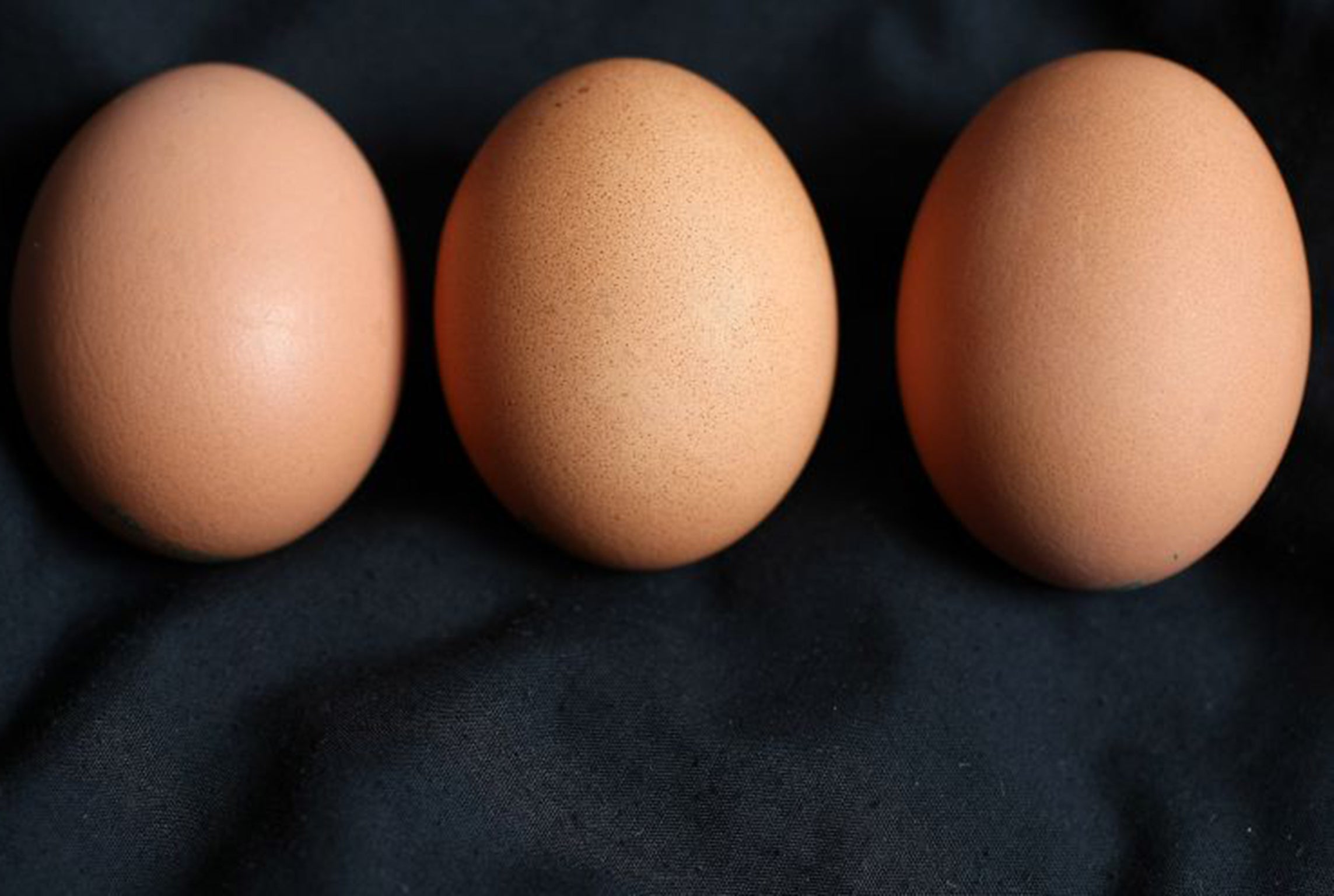Scientists discover compound in eggs that could make people more charitable
Researchers in The Netherlands reveal cracking new idea for charities

Charity bosses and fundraisers take note. It’s advisable to get potential donors in for breakfast before passing around the collection tin.
That’s because starting the day with a three-egg omelette could make people more charitable, according to new research into how diet affects behaviour.
Researchers have long known that eggs are brimming with protein and essential amino acids and provide us with every vitamin we need, apart from vitamin C.
Now, though, researchers at the Leiden Institute for Brain and Cognition in The Netherlands have found that a compound found in eggs acts on brain chemicals, including serotonin, to make men and women donate twice as much to charity. The research found that high levels of tryptophan, or TRP, an essential amino acid, are found in eggs, fish and milk. It plays a key role in the production of serotonin, a brain chemical which is involved in mood and social behaviour, including co-operation and friendliness. Low levels have been associated with social isolation and aggression.
“For the first time, we investigated whether the administration of a compound contained in food such as fish, eggs, soy and milk, can promote charitable donating,’’ said the Dutch research team.
“Our study is the first demonstration that charitable donating can be enhanced by serotonin-related food supplements.’’
In the research, 32 men and women were put through a number of tests and examinations. Then, 16 were given a powder containing 0.8g of TRP, roughly the same amount as found in three eggs, and 16 were given a placebo powder.

All of the participants were paid €10 (£7.50) for taking part in the research and asked whether they were willing to donate part of their financial reward to charity. To test their generosity, donation boxes for Unicef, Amnesty International, Greenpeace and World Wildlife Fund were left on the table. After counting up the donations, the researchers found that those who had taken the TRP donated an average of ¤1, while the placebo group donated just half that amount.
Just how TRP could have such an effect is not clear, but one theory is that oxytocin, the so-called cuddle hormone, which promotes pro-social behaviour, is involved. The researchers point to the closeness of the areas of the brain associated with serotonin and oxytocin.
“It may be likely that the willingness to donate money to a charity is modulated by the effect that serotonin exerts on oxytocin levels,” said the researchers writing in the journal Frontiers in Psychology. “Our results support the materialist approach that ‘you are what you eat’.”
Dr Adam Perkins, lecturer in the neurobiology of personality at the Institute of Psychiatry, Psychology & Neuroscience, at King’s College London, said the study could be useful in places such as prisons, “where food supplements containing TRP might help increase harmony among inmates”.
Charity givers can also forget the old warning that you shouldn’t eat more than three or four eggs a week because they contain cholesterol. That particular gem of “healthy eating” advice was ditched after scientists proved that the cholesterol we eat has little or no effect on blood cholesterol levels. In fact, we actually need cholesterol to build cell membranes, digest fats and make hormones.
Join our commenting forum
Join thought-provoking conversations, follow other Independent readers and see their replies
0Comments